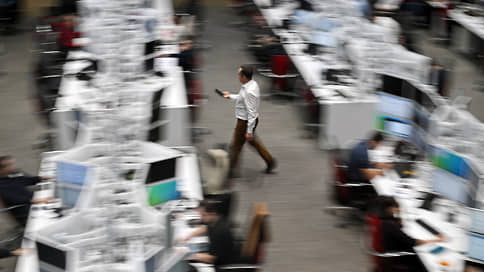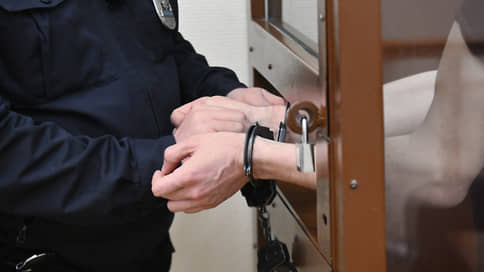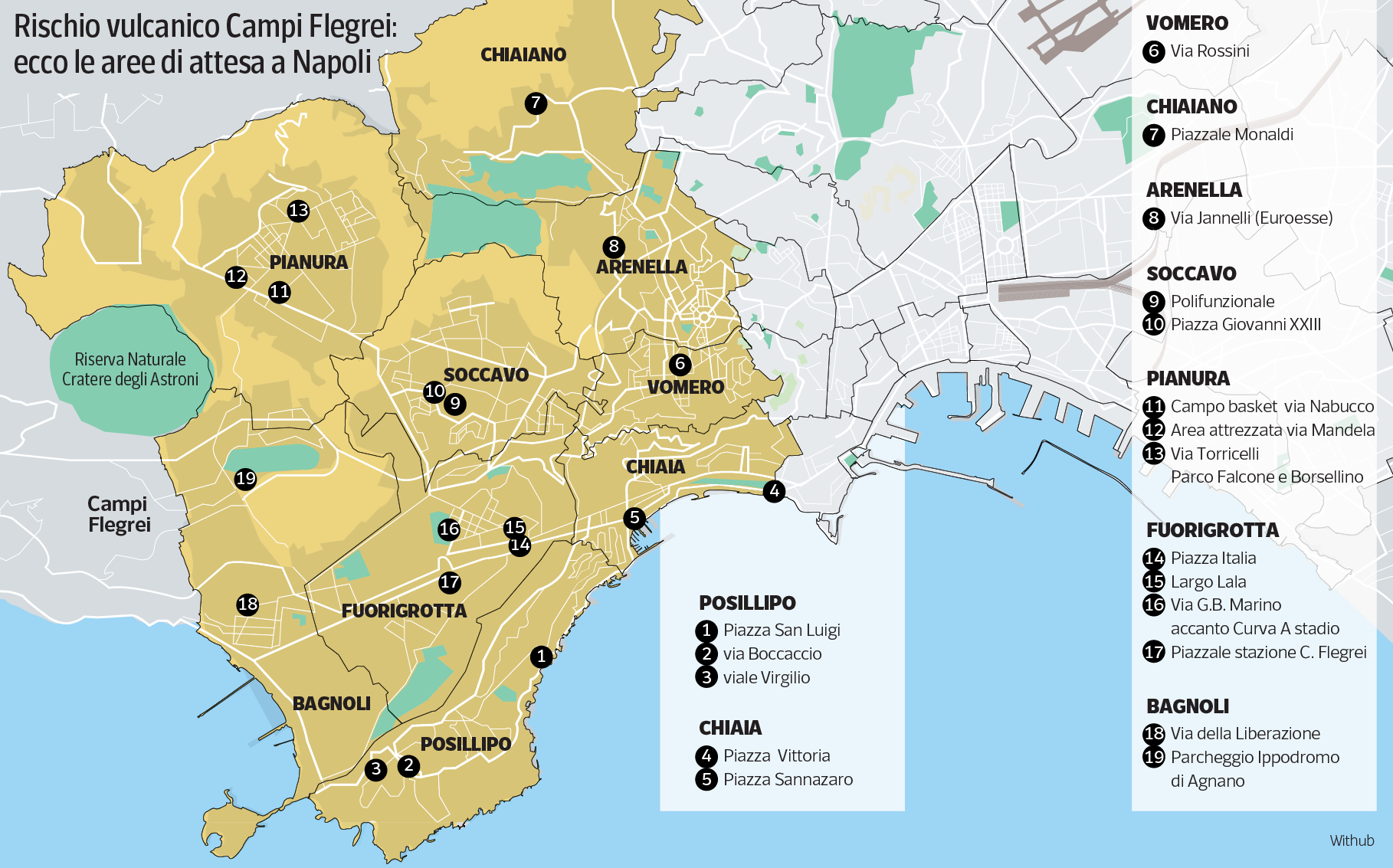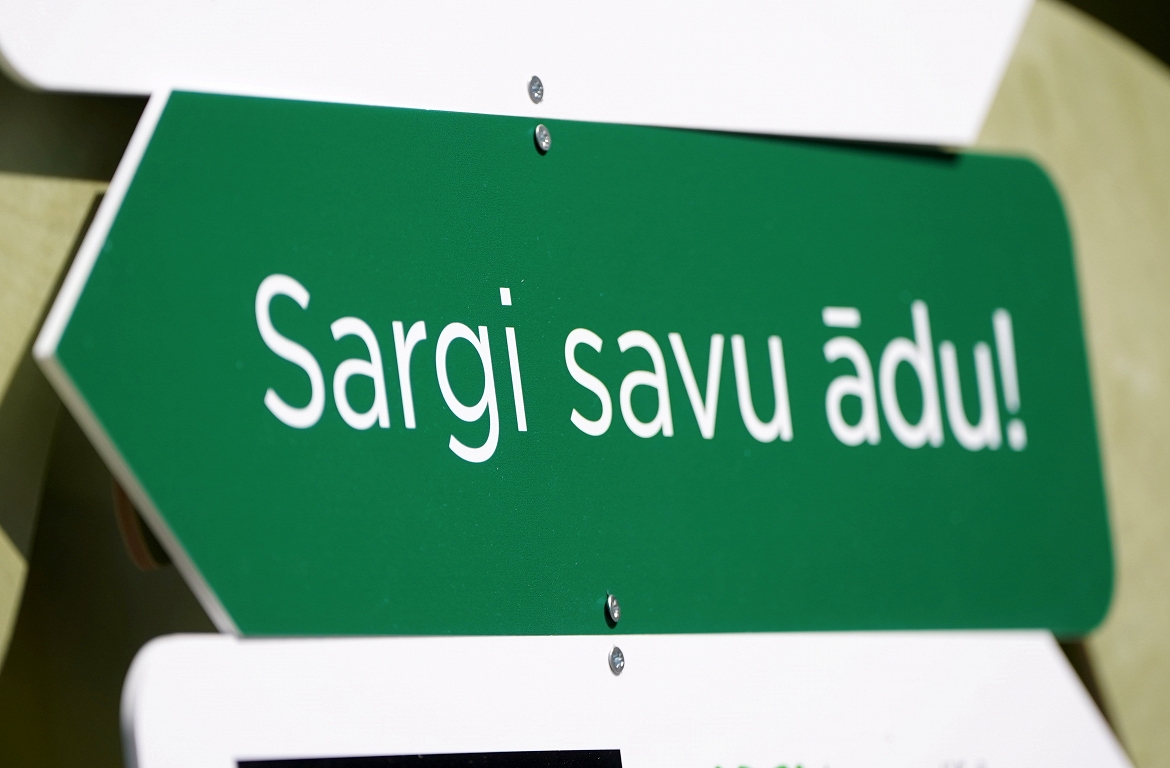low volumes and high discount

The average trading volume of American promotions in the over -the -law market of the Moscow Exchange amounted to 40 million rubles. per day. The most popular are the shares of American high -tech companies such as NVIDIA, Microstrategy, Tesla. At the same time, shares in the Russian market are traded with a giant discount – 50–75% cheaper than abroad. However, sellers are interested in getting real money to invest it in more liquid assets. Whereas buyers are ready to wait a long time to, possibly, unlocking these assets.
According to Kommersant, according to the results of the first ten days of trading in the over -the -load market of the Moscow Exchange by foreign shares, the total volume amounted to about 400 million rubles. At the same time, the maximum bidding for this period was recorded on April 30 (more than 83 million rubles), and the lowest on May 8 (about 13 million rubles). Since the beginning of the posture week, the volume has been held near 40 million rubles. per day. Such indicators significantly lose the shares of the Russian market, the volume of which only on May 13 exceeded 40 billion rubles.
The trading platform launched on April 28 trading shares of 127 American companies. The most liquid is mainly the securities of high -tech companies – NVIDIA, Microstrategy, Tesla, Apple, Microsoft, which account for almost half the volume of trading. However, even on these papers, daily volumes rarely exceed 5 million rubles. The head of the Department of Trade operations “VTB My Investments” Sergey Selyutin explains the low volumes of trading with a high discount on paper, the need to obtain the status of a qualified investor, as well as uncertainty regarding the further fate of the ICB.
According to the requirements of Russian legislation, only qualified investors are entitled to fully trade foreign securities, while unskilled investors can only sell these papers. The large investment company, which provides access to these auction, noted that « there are no interests of customers in trading in blocked assets. » As my investments answered in VTB, unqualified investors amounted to 45% of the bidders, however, their share in the transactions made only 5% of the total.
At the same time, a discount on foreign securities (ICB) in the Russian market for the price on foreign exchanges is currently 50–75%.
The head of the Broker business, Sberbank, Aisha Kubov, explains the underestimated price of papers of American companies on the Moscow Exchange by the impossibility of their owners to fully dispose of these papers: they are not available to the sale of papers abroad, as well as receiving dividend payments on them. According to her, this service was introduced by the Moscow Bill to give shareholders the opportunity to transfer funds into full assets, while uncertainty in terms of unlocking is maintained. “For three years, people were“ locked ”in the papers, many of them were mentally“ written off to zero, ”and then it became possible to get at least some real money,” said Andrei Smirnov, managing director of the Renaissance Capital Customers.
At the same time, the buyers of these securities, in fact, are long -term investors. According to the first investment director of the First Criminal Code, Andrei Rusetsky, the Russian sovereign currency bond is traded with a yield of 6.3%per annum, taking into account the risk of American shares (3.7%), a 10%discount rate is obtained. “Based on the discount of 50%, we get that unlocking assets in seven years is laid in the current quotes (then the above value will be equal to the price of the external exchange),” the expert notes.
However, experts do not exclude that the price of shares of American companies in the Russian Over -time market can grow in a closer perspective.
Dmitry Lesnov, Deputy Director General of the Finam Broke Business Business, believes that the discount will decline as there may be signs of a decrease in geopolitical tension and some discussions about the lifting of sanctions against Russian profiles, primarily with the Moscow Exchange and St. Petersburg Exchange. “An alternative scenario is a weakening of the ruble, which will lead to an increase in the ruble value of assets, but counting on it is risky,” says Sergey Selyutin.
Nevertheless, the probability of unlocking these assets remains very low. “The external background may not change, and the balance of prices will not be achieved, and then all the funds invested by buyers in these assets will simply disappear or at least will be frozen for a very long time,” says Valentin Savenkova, head of the Veles Capital IR Capital IR.








